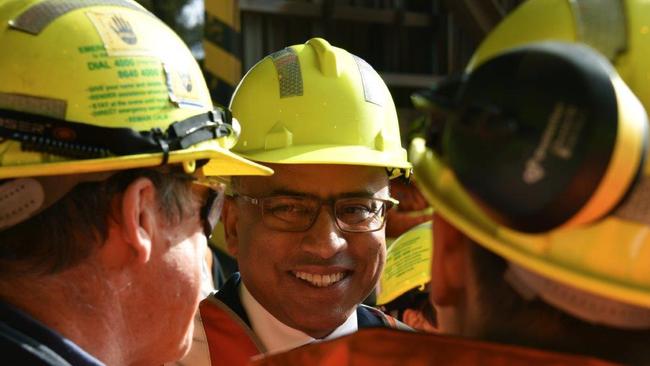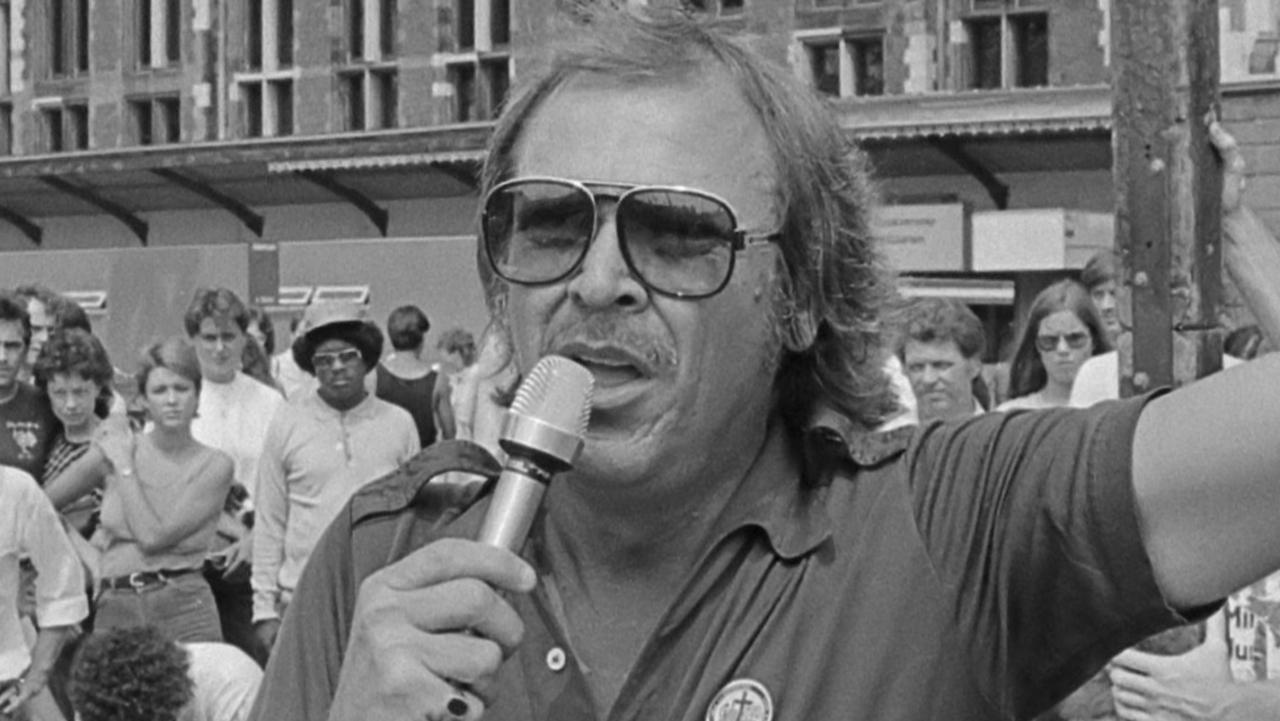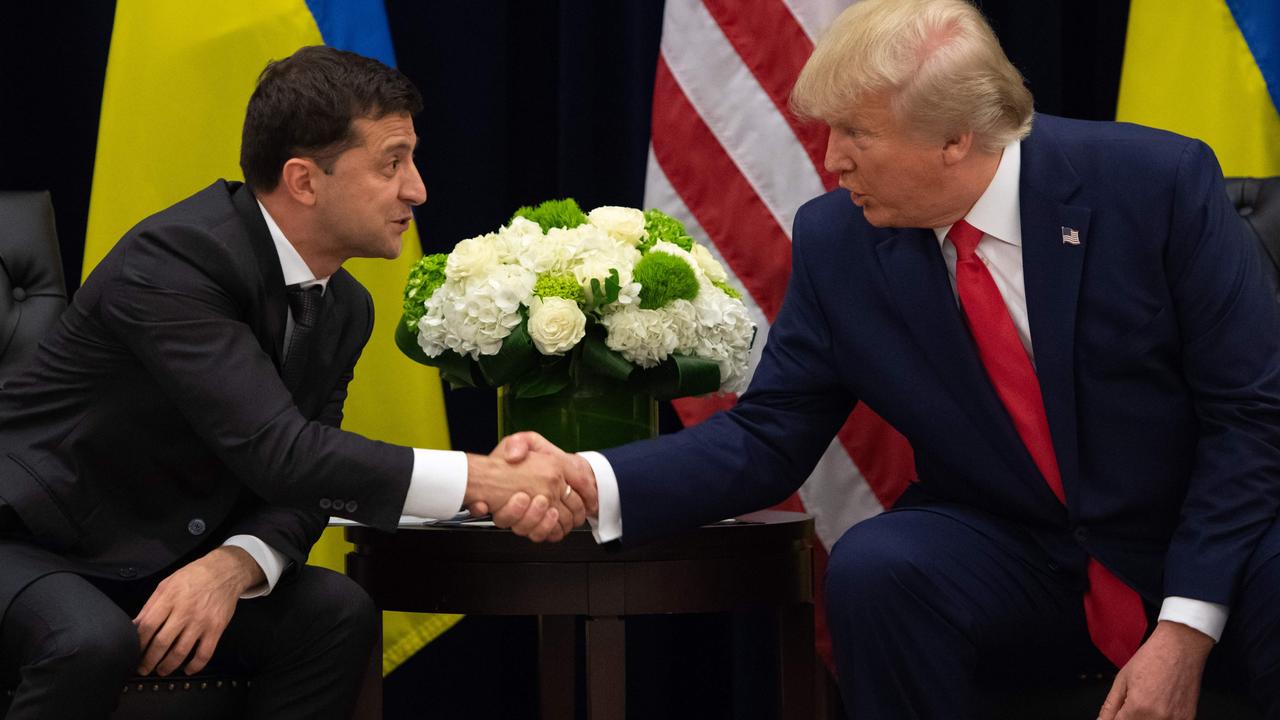Sanjeev Gupta’s Liberty House to open books to silence critics
Steel tycoon Sanjeev Gupta’s Liberty House is to open its books in response to accusations it lacks transparency.

Liberty House, the leading British steel group put together by the Anglo-Indian tycoon Sanjeev Gupta, is to publish consolidated accounts and appoint a board of directors for the first time in response to a stream of criticism over the business’s lack of transparency.
After a five-year helter-skelter acquisition spree in which it has taken advantage of depressed asset prices, Liberty House claims to be one of the top ten global steel companies outside China.
Its 8000 UK workers make it Britain’s largest steel company, having bought plants from Tata Steel, owner of Port Talbot, and the failed Caparo Industries. It recently failed to buy the giant Scunthorpe steelworks out of receivership.
This year, having expanded into the US and in Australia, where it bought the steelmaking business Arrium in 2017 and the Tahmoor coal mine in 2018, Liberty House doubled in size with the acquisition of seven European steelworks that Arcelor Mittal had to divest on competition grounds.
The wealth accumulated by Mr Gupta has made his family the fifth largest landowner in Britain.
However, Liberty House and Mr Gupta, 48, have come under fire for not explaining how it is funded and who is supporting it. The group turns over £20 billion a year and employs 35,000 people around the world. Its lack of financial transparency and corporate governance structures have raised questions over the viability of the company and the unorthodoxy and cost of its borrowing.
Its €740 million acquisition of the Arcelor Mittal plants has been funded by a new €2.2 billion working capital facility secured on money owed to the business, known as receivables. Its main debt backer is the financier Lex Greensill, 42, who specialises in so-called reverse factoring, or supply chain finance, whereby Liberty House borrows against future cashflows from customers.
Such financing mechanisms typically come with high interest charges. Liberty House’s first step into the mainstream capital markets last month saw a $US500 million bond issue pared back by a third and its interest cost rise from an already expensive 8 per cent to 12 per cent, firmly in junk bond territory.
Of the consolidating of his group’s accounts, Mr Gupta told The Times he was working to have them published by next February at the latest and that the move to transparency would enable the business to refinance on the mainstream capital markets and lower its cost of capital. “We are one of the biggest steel companies in the world so it deserves to be a large corporate (entity) with better funding,” he said. “We will start accessing that.”
Of his use of non-conventional financing, he said: “We have bought (distressed) businesses that have not been able to access the debt markets in a typical way.”
He claimed Liberty House’s borrowings across its interests were not abnormal compared with its peers at a “low single-digit multiple” of group ebitda earnings of more than $US1 billion on which it paid on average “mid single-digit” interest charges.
On criticism of his unconventional lenders, Mr Gupta said: “We have taken on debt from willing and happy debt providers. Why is that an issue for anybody?”
The Times



